Welcome to the Sarcoidosis Program at BMC
The Sarcoidosis Program is a multidisciplinary program providing diagnostic and therapeutic services for patients suffering with sarcoidosis: a multisystem disease of unknown origin. For more than 20 years, the clinic has worked to improve patients’ lives by providing state-of-the-art clinical care, coupled with innovative research aimed at understanding the history and development of this disease. The Program’s team of specialists also offers qualified patients the opportunity to participate in clinical trials as they seek breakthroughs in managing – and curing – sarcoidosis.
The clinic has approximately 1,000 visits annually from sarcoidosis patients who come from all over New England and beyond. Boston Medical Program’s Sarcoidosis Program is one of the largest programs of its kind on the East Coast.
About Sarcoidosis
Sarcoidosis was identified in the late 1860s. It is an inflammatory disease that affects one or more organs but most commonly affects the lungs and lymph glands. This inflammation produces tiny lumps of cells in various organs in the body. The lumps are called granulomas because they look like grains of sugar or sand. They are the classic sign of sarcoidosis, and as they are very small, they can only be seen with a microscope.
These tiny granulomas can grow and clump together, making small and large groups of lumps. If many granulomas form in an organ, they can change its normal structure and possibly affect how the organ works. Sarcoidosis can affect many organs, but it usually starts in the lungs or the lymph nodes.
The exact cause of sarcoidosis is not known, but researchers believe that it is caused by an abnormal immune response. The disease can appear suddenly and then disappear, or it can develop gradually and produce symptoms that come and go for a lifetime.
Symptoms
While some patients with sarcoidosis may show no signs of the disease, there are many associated symptoms.
- General
- Dry mouth
- Fever
- Weight loss
- Fatigue
- Night sweats
- Swollen and painful joints
- Nasal stuffiness
- Hoarse voice
- Pain in the hands, feet, or other bony areas
- General feeling of ill health
- Skin
- Reddish bumps or patches on the skin or under the skin
- Lungs
- Shortness of breath
- Cough that won’t go away
- Chest pain
- Eyes
- Red or teary eyes
- Blurred vision
- Neurologic/Nervous System
- Gait problems
- Headache
- Meningitis
- Lymph glands
- Enlarged lymph glands in the chest around the lungs and elsewhere in the body
- Cardiac
- Development of abnormal or missed beats (arrhythmias), inflammation of the covering of the heart (pericarditis), or heart failure
- Kidney
- Kidney stones
Contact Us
Monday-Friday 8:00 AM - 5:00 PM
Treatments & Services
There is no cure for sarcoidosis, but there are many different treatment options for patients. The focus of treatment is to improve symptoms and improve quality of life. While some achieve remission, the majority of patients learn management methods for what is a chronic condition.
Our Team
Praveen Govender, MD

Konstantinos-Dionysi Alysandratos, MD, PhD

Pria Anand, MD

Arlene Dermovsesian, NP
Nurse Practitioner
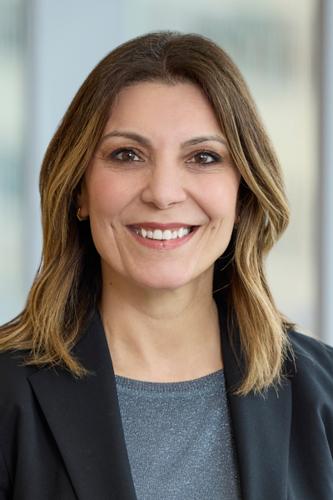
Finn J. Hawkins, MB, BCh
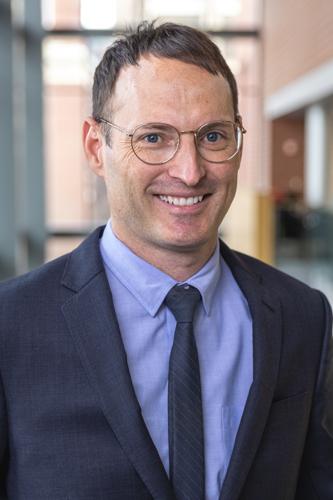
Robert H. Helm, MD
Cardiac Electrophysiologist

Elizabeth S. Klings, MD
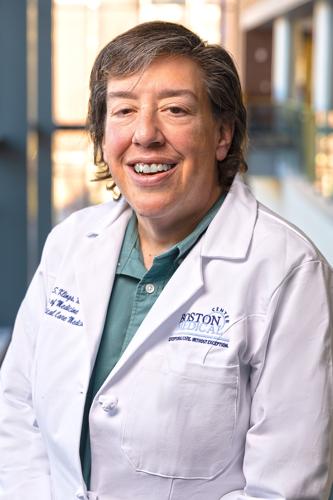
Christina Lam, MD

Kara C. LaMattina, MD
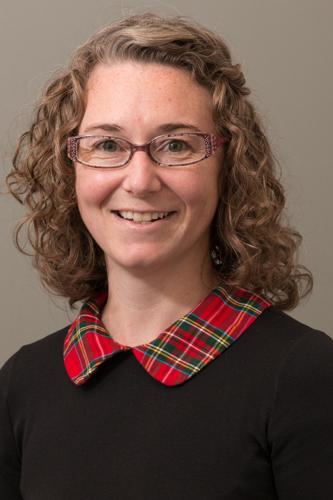
Tracey M Lavey, MS, NP, ANP-BC
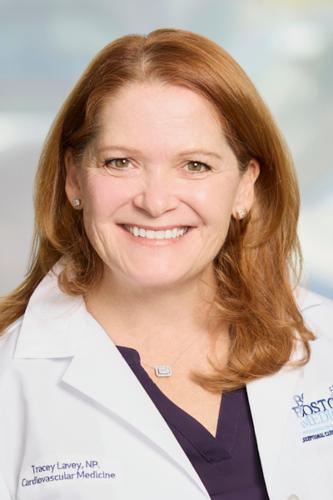
Mary A. Morabito, NP
Nurse Practitioner
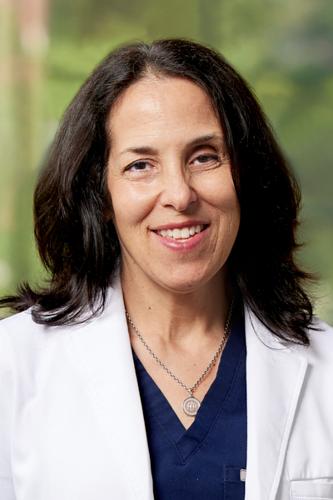
Michael P. Platt, MD, MSc
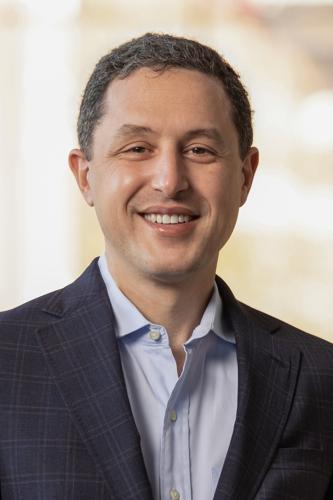
Kwan Hon Vincent Lau, MD

Kevin C. Wilson, MD
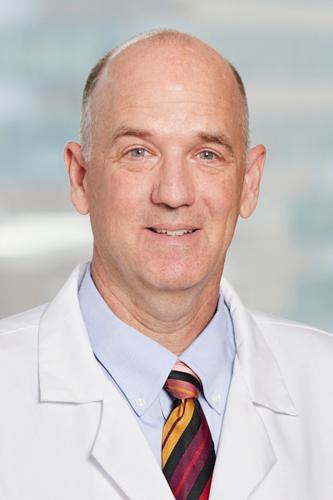
Lan Zhou, MD, PhD
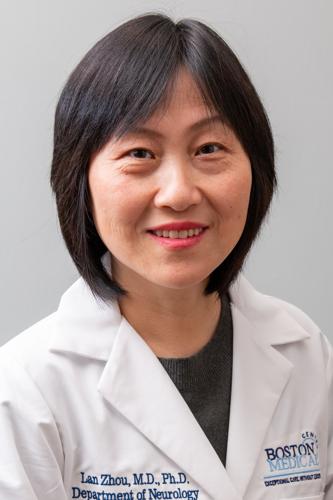
Shuhan Zhu, MD
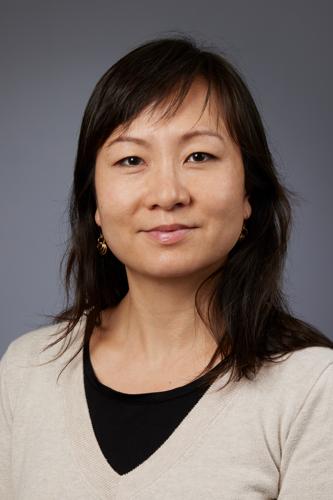
Divya A. Shankar, MD
Pulmonology
Praveen Govender, MD

Finn J. Hawkins, MB, BCh

Konstantinos-Dionysi Alysandratos, MD, PhD

Kevin C. Wilson, MD

Divya A. Shankar, MD
Patient Resources
Provider Resources
 ht
ht 

 English
English Français
Français Deutsch
Deutsch Italiano
Italiano Español
Español Tiếng Việt
Tiếng Việt